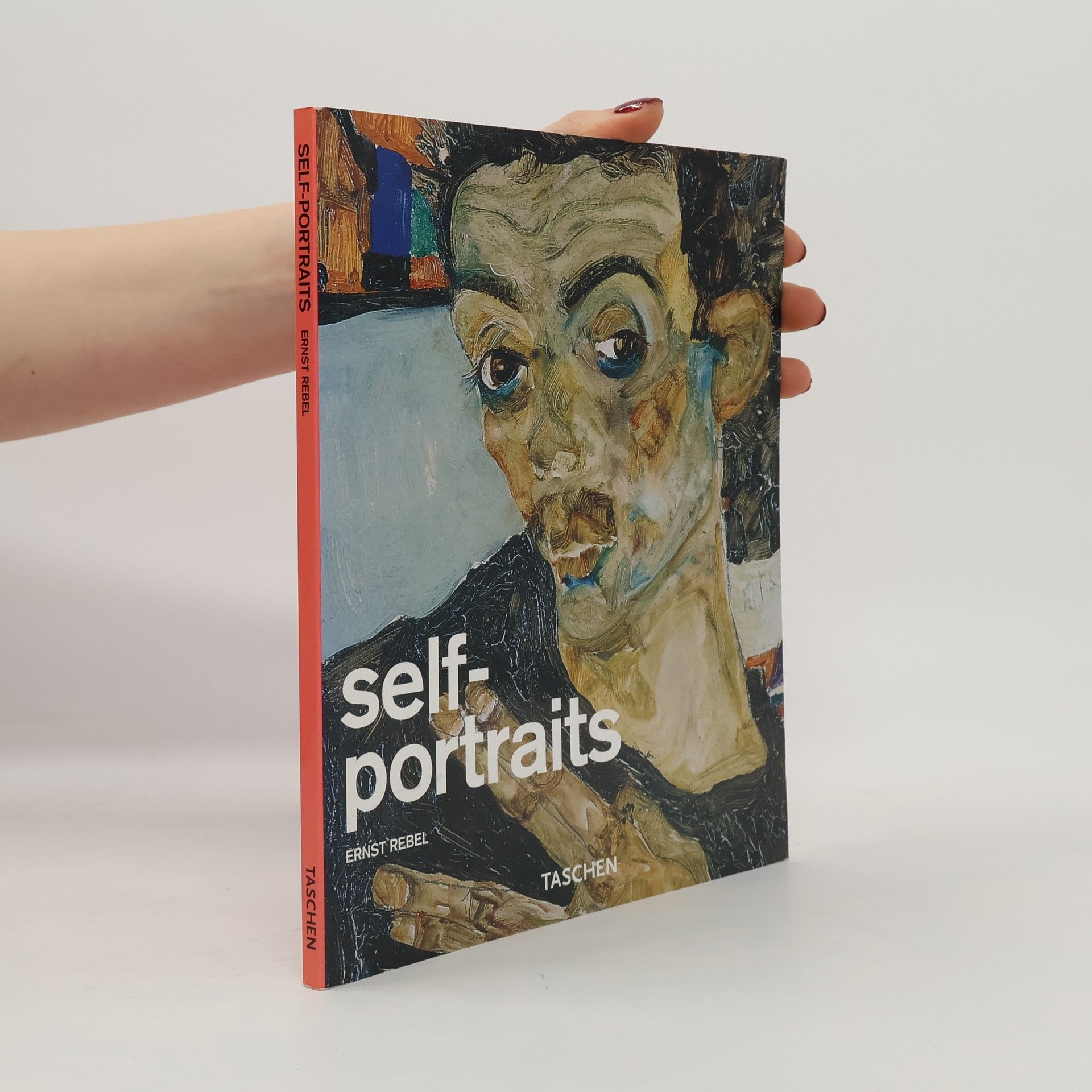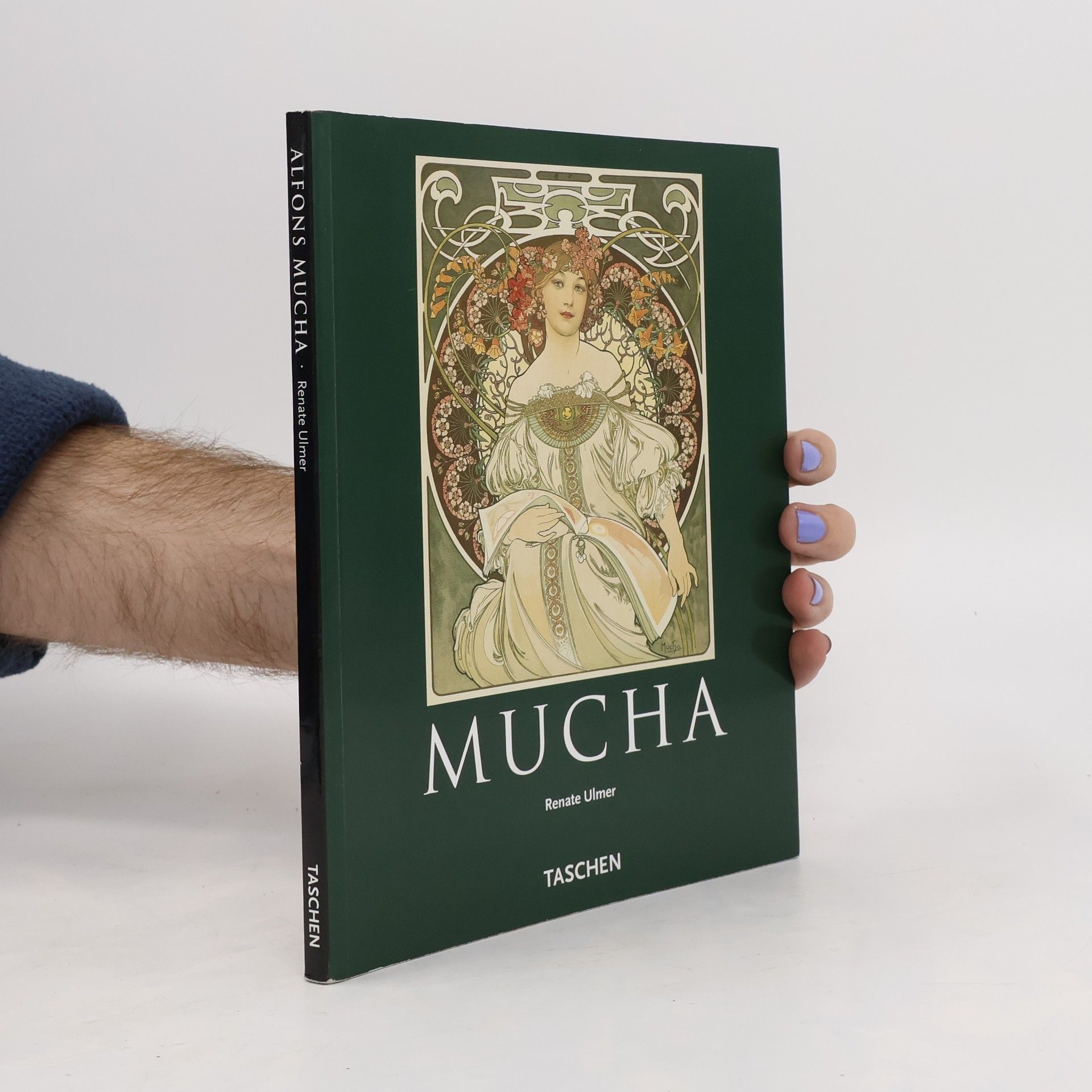Michael Scuffil Libri



Fernando Botero
- 96pagine
- 4 ore di lettura
Pleasantly plump With whimsical irony and a style reminiscent of the old masters, Fernando Botero (b.1932) began painting caricatured animals and corpulent bodies with disproportionate heads at a time when his contemporaries were fervently rejecting figurative work in favor of abstraction. More recently he has expanded into sculpture, creating delightful large-scale bronze works portraying the same sorts of voluminous figures he so loved to paint. Like the writings of Gabriel García Márquez or the music of Astor Piazzola, Botero’s work has come to represent modern Latin American culture. About the Each book in TASCHEN’s Basic Art series
Self-portraits
- 96pagine
- 4 ore di lettura
This work in the Basic Genre series features more than 35 photographs, descriptions, and interpretations of the featured works, and a brief biography of the artists.